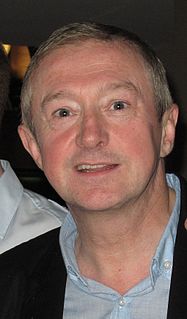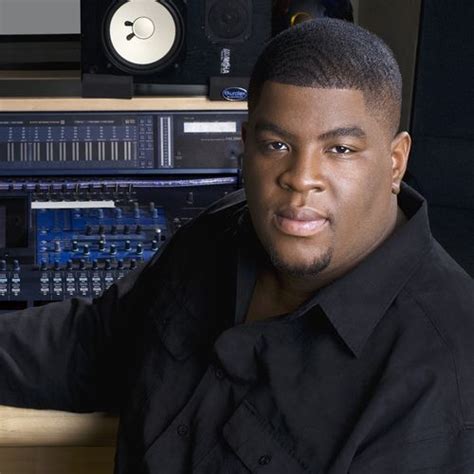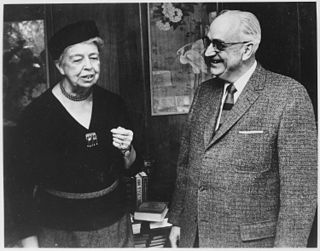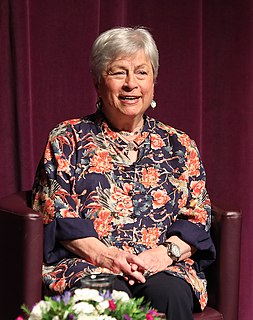A Quote by Louis Walsh
I hate 'The Voice.' I think everyone thought 'The Voice U.K.' would be like the U.S. version, and it's not.
Related Quotes
I think everyone has a story to tell. Part of what I do is help artists find their voice, not only their vocal voice, but their writing voice. Every artist that I worked with who has those records that everyone talks about, they are also writers. I like to say I helped support whatever their writing was so people heard the song clearly.
There are no words and there is no singing, but the music has a voice. It is an old voice and a deep voice, like the stump of a sweet cigar or a shoe with a hole. It is a voice that has lived and lives, with sorrow and shame, ecstasy and bliss, joy and pain, redemption and damnation. It is a voice with love and without love. I like the voice, and though I can't talk to it, I like the way it talks to me. It says it is all the same, Young Man. Take it and let it be.
But what I would like to say is that the spiritual life is a life in which you gradually learn to listen to a voice that says something else, that says, "You are the beloved and on you my favour rests."... I want you to hear that voice. It is not a very loud voice because it is an intimate voice. It comes from a very deep place. It is soft and gentle. I want you to gradually hear that voice. We both have to hear that voice and to claim for ourselves that that voice speaks the truth, our truth. It tells us who we are.
This approach to voice is designed to liberate the natural voice and thereby develop a vocal technique that serves the freedom of human expression. The basic assumption of the work is that everyone possesses a voice capable of expressing, through a two- to four-octave natural pitch range, whatever gamut of emotion, complexity of mood, and subtlety of thought he or she experiences.

































